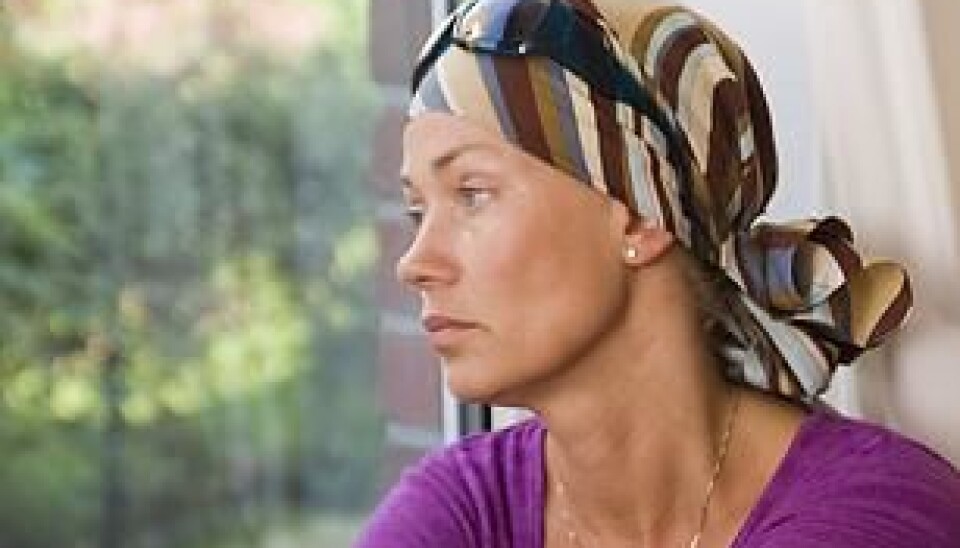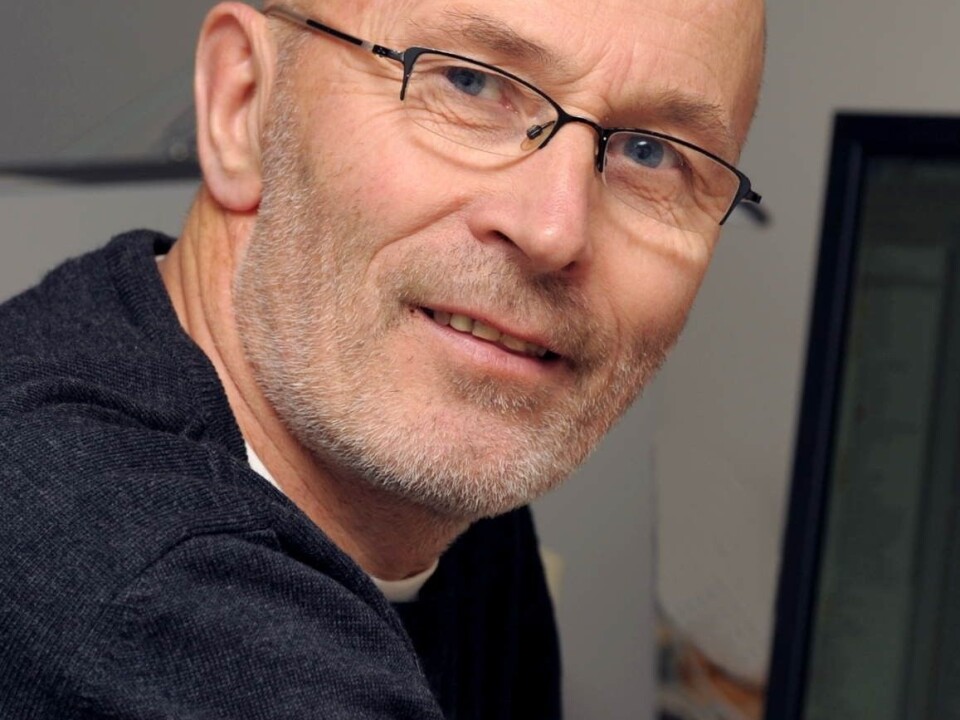This article was produced and financed by The Research Council of Norway

Cured of cancer but in poor health
The majority of people afflicted with cancer now recover with treatment. Many of these, however, subsequently experience new health problems due to the cancer and/or the treatment.
Denne artikkelen er over ti år gammel og kan inneholde utdatert informasjon.
The number of people diagnosed with cancer is rising – as is the number of survivors. In Norway today, over 120 000 of the total population of 5 million are long-term cancer survivors. This means that they have lived five years or longer after receiving a cancer diagnosis. But tough chemotherapy, surgery and radiotherapy can have a lasting negative impact on their health.
Serious late effects among 15-20 per cent of survivors
“Some patients end up with life-threatening late effects such as cardiovascular disorders or a second cancer. Others experience ailments such as chronic fatigue, hormone disturbances or infertility,” explains Jon H. Loge, head of the National Resource Center for Late Effects after Cancer Treatment at Oslo University Hospital.
Dr Loge estimates that approximately 15-20 per cent of long-term survivors experience serious late effects, whereas 70-80 per cent experience minor late effects or none at all. In a new project funded under the Research Council of Norway’s Programme for Publicly-initiated Clinical Cancer Studies (KREFT) Dr Loge and colleagues from all university hospitals in Norway will analyse mechanisms underlying such late effects. Which treatment-related or patient-related factors cause some to be affected while others are not?
What do patients want to know?
The researchers will be following approximately 1 000 breast cancer and lymphoma patients over several years. Initially, they will examine the development of cardiovascular disorders and chronic fatigue but over time will also study secondary cancers, which are being defined here as new cancers unrelated to the original type of cancer.

In another substudy, researchers will attempt to find out what long-term survivors want to know about the risk of late effects and the need for follow-up on this and other health issues related to cancer survivorship. This type of follow-up is not systematically organised in health services in Norway today, according to Dr Loge, and is heavily debated internationally as well.
“After surviving cancer it can be hard for patients to hear that they run a greater risk of contracting other types of illness. At the same time, patients have the right to know. We are going to find out what type of information they have received, what they think they ought to have been told and at what point in the course of their treatment,” explains Jon H. Loge.
Exercise put to the test
The researchers are also going to test whether patients with testicular cancer can manage to exercise while undergoing chemotherapy and, if so, whether the exercise has any effect.
“The overall goal of the research project is to gain greater insight into the development of serious late effects and to understand which factors can be used to predict who will become affected and how they can be prevented. This could translate into treatment and follow-up approaches better adapted to the individual patient,” Dr Loge concludes.
Translated by: Glenn Wells/Carol B. Eckman

































